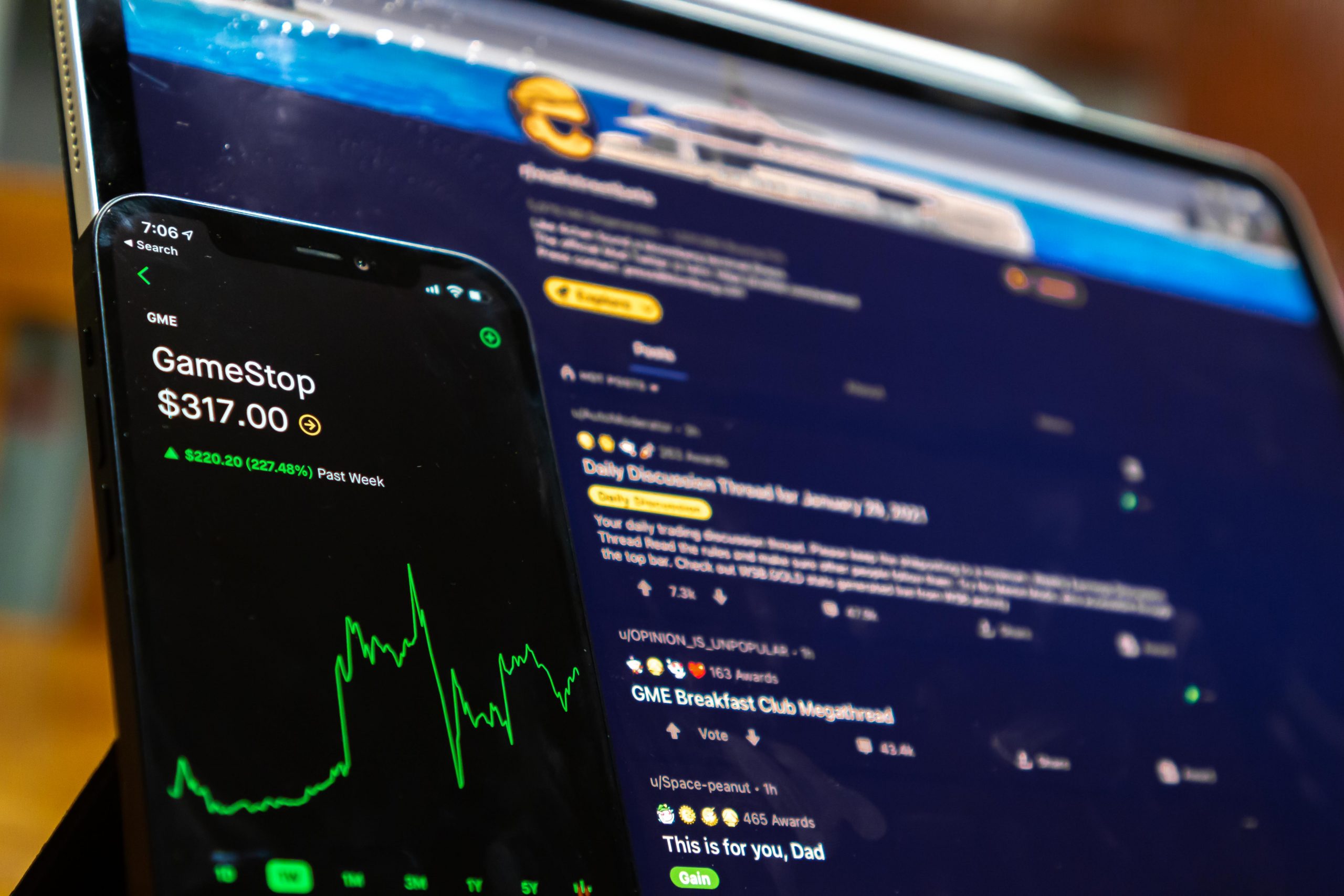New Kids, Old Crimes, Bad Cops, Good Times
The scrappy little guys who have overrun the markets provide cover for sophisticated Wall Street players who are exercising the digital pump and dump. Get used to it.
Pornography made the internet, but the story doesn’t end there. Since its inception, the internet has been expanding and distorting our world in the most magnificent and horrific ways possible.
Young men build web platforms that monetize lies, and then they use their newfound wealth to fuel violent revolutions and murder. At the same time, young doctors use the internet to deliver world-class medical treatment to remote mountain villages in rural Peru.
Inevitably, the internet is altering the markets forever. Investors are coming together in a ragtag crowd to manipulate stock prices by combining the internet’s instant global communications with its power to distort reality.
The crowd
Call them what you will—the crowd, the masses, the rabble, the mob—hordes of small-scale retail traders have been rushing to take positions in the markets. Their numbers are larger than ever and growing every day.
This new and permanent market variable is emerging with the help of modern communications technology that enables influential members of the crowd to coordinate their followers’ activities.
Professional investors say they won’t abide the madness that the stampede of proletarian traders can induce into the marketplace. Yet, the pros contribute to the momentum they scoff at by adding to the crowd size and increasing the speed.
Let’s look at some examples. The crowd judges Tesla to be the company of the future, so its stock price explodes ten-fold. The crowd views bitcoin as the currency of the future, and they launch its value to the moon.
When the crowd locks onto an idea, no price is too high, even though it’s not based on fundamental analysis. Trading with the crowd is risky, but trading against it is even more challenging because personal bias warps our perception of what drives other people’s behavior. Moreover, the crowd may share an opinion that’s difficult to contemplate because it’s untethered to reality.
Criminal intent?
It’s illegal to conspire to promote a stock in an effort to run up the price and sell it for a profit, but if your views are untethered to reality, is that a conspiracy or are you simply a nutjob?
Sure, stock prices are intended to reflect a company’s potential for revenue and profit. But where does society draw the line between enthusiasm for a company that has a great idea and the promotion of stocks whose only merit is that the price will go higher with enough enthusiasm?
On the regulatory side, the government should err on the side of well-placed enthusiasm. From a trading standpoint, one has to assume that enthusiasm is rampant. And while fraught with risk, wild volatility abounds in the market these days, and the digital chatter that distorts those prices can be unrelenting.
Regulatory relief?
Whatever the motives of the crowd might be, the only regulatory change that should result from dramas like the GameStop affair should be the elimination of delayed clearing of stock trades—not investigations of social media, short-selling or payment for order flow. To remedy the problem, the government should discard the last vestiges of 20th century Wall Street and mandate all stock trading is cleared on the same day it’s executed.
It’s time to bring stock settlement into the 21st century and stop unnecessary and damaging capital calls that punish small traders and upstart brokers simply because the exchanges and big banks don’t want to change their back-office operations.
Meanwhile—whether they like it or not—every player in the markets has to come to terms with a new and powerful dynamic. The crowd will surely bring magnificence and horror to the stock market.

Dylan Ratigan, veteran CNBC and MSNBC commentator and best-selling author of Greedy Bastards, serves as tastytrade global market strategist and co-host of the Truth or Skepticism podcast. @dylanratigan



